Representing for the culture: What Black History Month means to me
To me, Black History Month means finally being able to celebrate my culture. This is the month African Americans get to draw attention to all the achievements and progress we have made.
In elementary school, history books taught me about the accomplishments of George Washington and Henry Ford, but I’d never seen someone in those textbooks who had my skin color or my hair texture.
Growing up, I always got excited about Black History Month because it was a time to learn about people who looked like me. When a teacher would assign the class a project in observance of the month, I would always take pride in making my projects very detailed.
When I made it to middle school, I noticed we never learned about different historic black people other than the mainstream ones.
Sure we’ve all heard about Dr. Martin Luther King Jr., Rosa Parks and Harriet Tubman, but what about all the other black people who left their mark on the world like Alice Coachman, Benjamin O. Davis Sr. and Mae Jemison?
There are so many Black people who have made history and 28 days is simply not enough time to celebrate them all. Black people are always making history, but we rarely hear about it on the news. Instead, numerous studies have found the media frames us in a negative light.
Black people typically fall under negative stereotypes that lead the media to depict us inaccurately. These stereotypes range from our wealth, behavior and criminal association.
According to colorofchange.org, “Our research confirms this: news and opinion media overrepresent Black family poverty by 32 percentage points while white family poverty is underrepresented by 49 percentage points.”
It is unfair for the media to portray African Americans as poor, angry criminals. When we are subjected to these categories, it brings a dark cloud over our community and makes it hard for our accomplishments to be seen.
It is important for us to break these negative stereotypes and show America that we are not violent and lazy like they portray us to be. We work just as hard as everyone else, but don’t get nearly as much recognition.
We have come so far and still have ways to go. We want to be seen as equals and not be judged because of our skin color.
It’s important for young black kids to have idols who look like them.
For me, Black History Month is also a time to honor and celebrate all the African Americans who had to overcome adversities for me to have the rights I have today.
Some might look up to Superman or Batman as their hero, but for me, my heroes are all the African Americans who have made a difference in the world whether big or small.
Your donation will support The Lion's Roar student journalists at Southeastern Louisiana University.
In addition, your contribution will allow us to cover our annual website hosting costs.
No gift is too small.
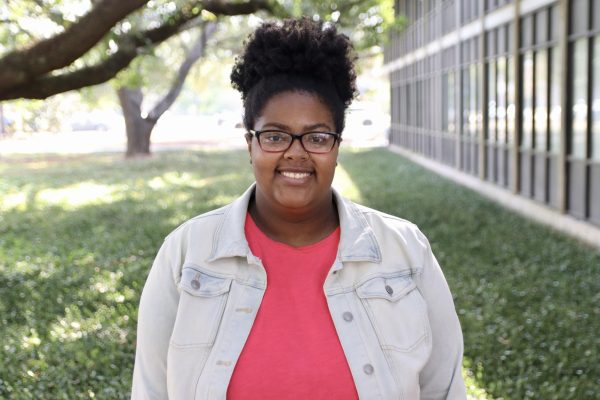
Dasyonne Brashear is a marketing major from Loranger. She started working for Student Publications in the Fall of 2021. She enjoys reading, taking pictures...


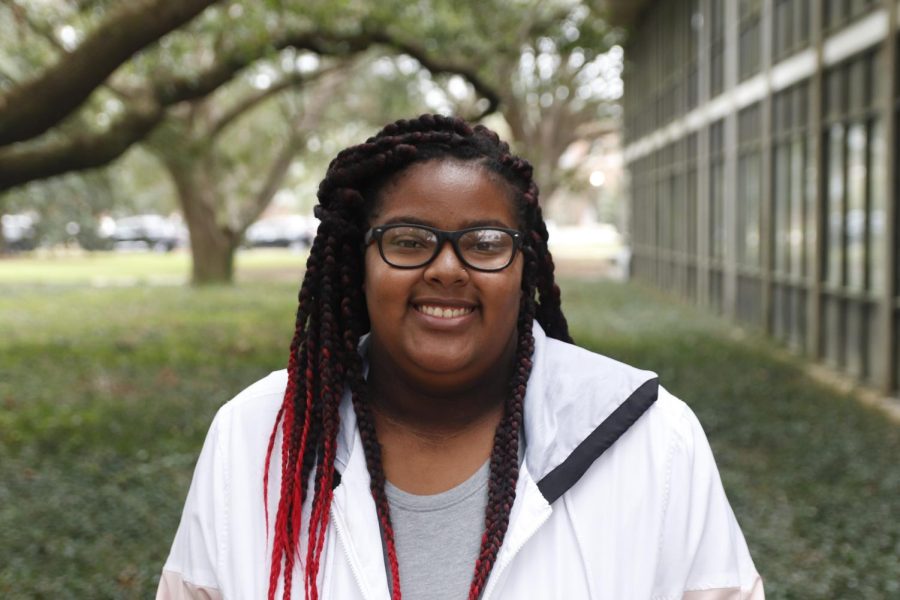
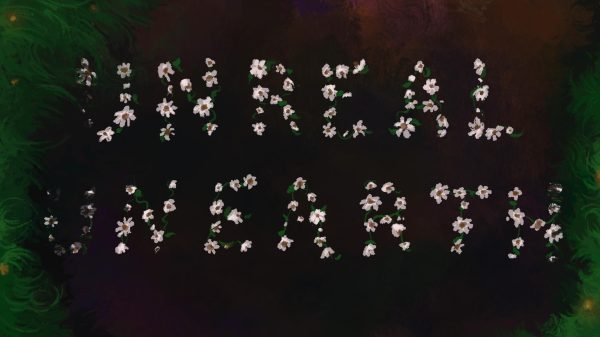
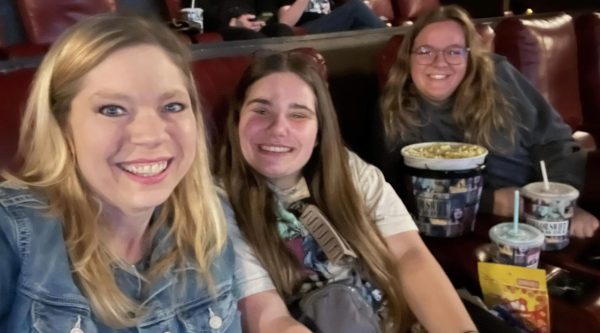
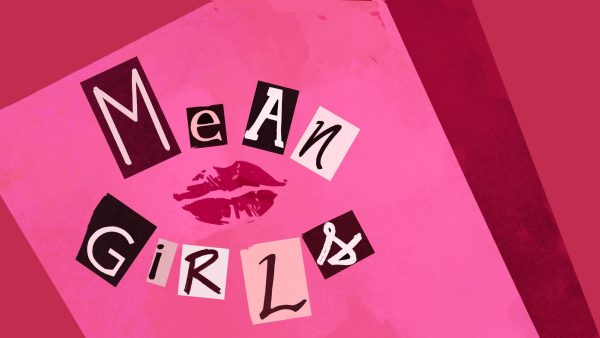
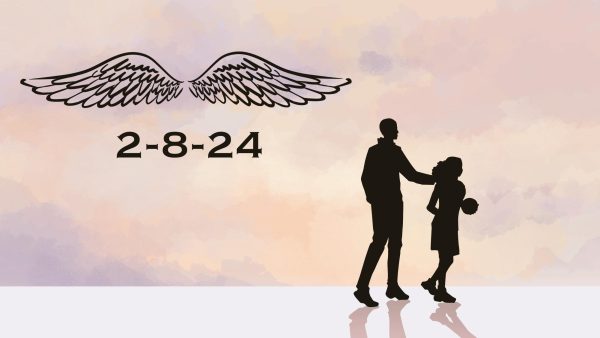
Nichol • Feb 8, 2022 at 2:39 pm
Wow,well said. Back when I was in school we only learned about Dr. Martin Luther King. Black history month wasn’t talked about. Hopefully as the years come and the future come. People will put more effort in talking about the good Black African have did.